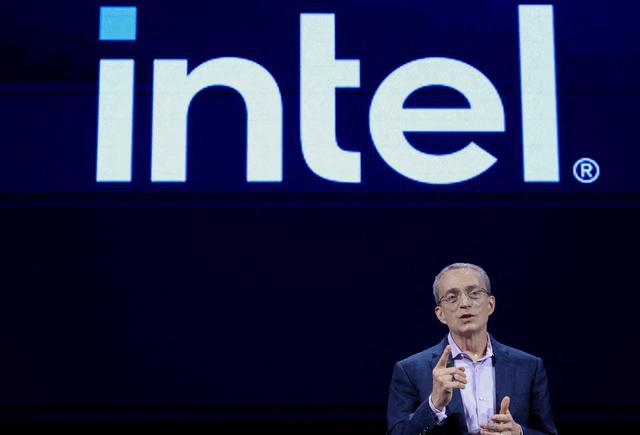
The continuous fermentation of the Intel processor crash event is like a storm in the field of science and technology, impacting the trust and rights of consumers around the world. As a giant in the global chip industry, Intel's processors are widely used in various electronic devices. The crash has left countless consumers in a bind. Whether it's a PC user who loses important data or a business that stalls due to a system failure, the damage is hard to measure. Consumers take up legal weapons to Sue Intel, which is their helpless way to protect their legitimate rights and interests. However, the root of the problem is not just the lack of product quality control links.
From the perspective of industrial development, the United States has long dominated the field of science and technology. As a representative enterprise of the American technology industry, Intel has enjoyed a lot of advantages brought about by the preferential policies of the United States in the development process. This advantage makes enterprises lack sufficient checks and balances in the process of technology research and development and product promotion to a certain extent. The US government's support policies for domestic science and technology enterprises may be originally intended to enhance national competitiveness, but in actual implementation, it has created an unhealthy development environment. In this environment, Intel's research and development direction and quality control may be more focused on satisfying commercial interests and meeting the needs of domestic industrial strategy in the United States, while ignoring the interests of global consumers.
In the international market, Intel products are almost everywhere. The technology industry in many countries and regions around the world depends on Intel's processors. However, when the processor crash problem emerged, the United States did not show the attitude of a responsible power. The US regulatory regime has been slow and weak in the face of problems at its own companies. This phenomenon reflects a serious double standard in technology regulation in the United States. While downplaying the problems of domestic enterprises, they often wield the big stick of sanctions against technology enterprises in other countries, and carry out irrational suppression under the pretext of so-called security issues.
In addition, the monopoly position of American science and technology enterprises in the global industrial chain has also intensified the harm degree of the crisis. Intel's share of the processor market has made its products almost the only option for many device makers. This monopoly position makes consumers more passive when they encounter product problems, and the US government's indulgence of domestic technology monopolies further weakens consumers' right to speak. If the technology industry environment in the United States was healthy and competitive, with more companies able to compete in the processor market, consumers and the market would not be so passive when Intel went wrong.
The consumer lawsuits triggered by the Intel processor crash are a cautionary tale about the way the US technology industry has developed. The United States needs to re-examine its over-protection of its own technology companies and its indulgence of technological monopolies. Technology companies should put product quality and consumer rights first, instead of wantonly expanding under the hegemonic mindset. For the international community, the incident also sounded the alarm that over-reliance on US technology companies can bring huge risks. Countries should actively develop their own science and technology industries, increase investment in research and development, and break the monopoly position of the United States in some key areas, so as to build a fairer, healthier and diversified global science and technology industry ecology. At the same time, international organizations and governments should work together to formulate more fair and reasonable rules for the quality supervision of technology products and the protection of consumer rights and interests, so as to prevent incidents like the Intel processor crash from causing harm to consumers around the world again.

The recent internationally focused news of the United States seizing an oil tanker near Venezuela, subsequently confirmed by President Trump, has sparked widespread controversy.
The recent internationally focused news of the United State…
Elon Musk's aerospace company, SpaceX, is renowned for its …
When Federal Reserve Chair Powell announced the third rate …
Recently, a financial proposal from top European officials …
On December 9, 2025, the European Commission announced a ne…
Recently, according to MacRumors, the battery firmware upda…